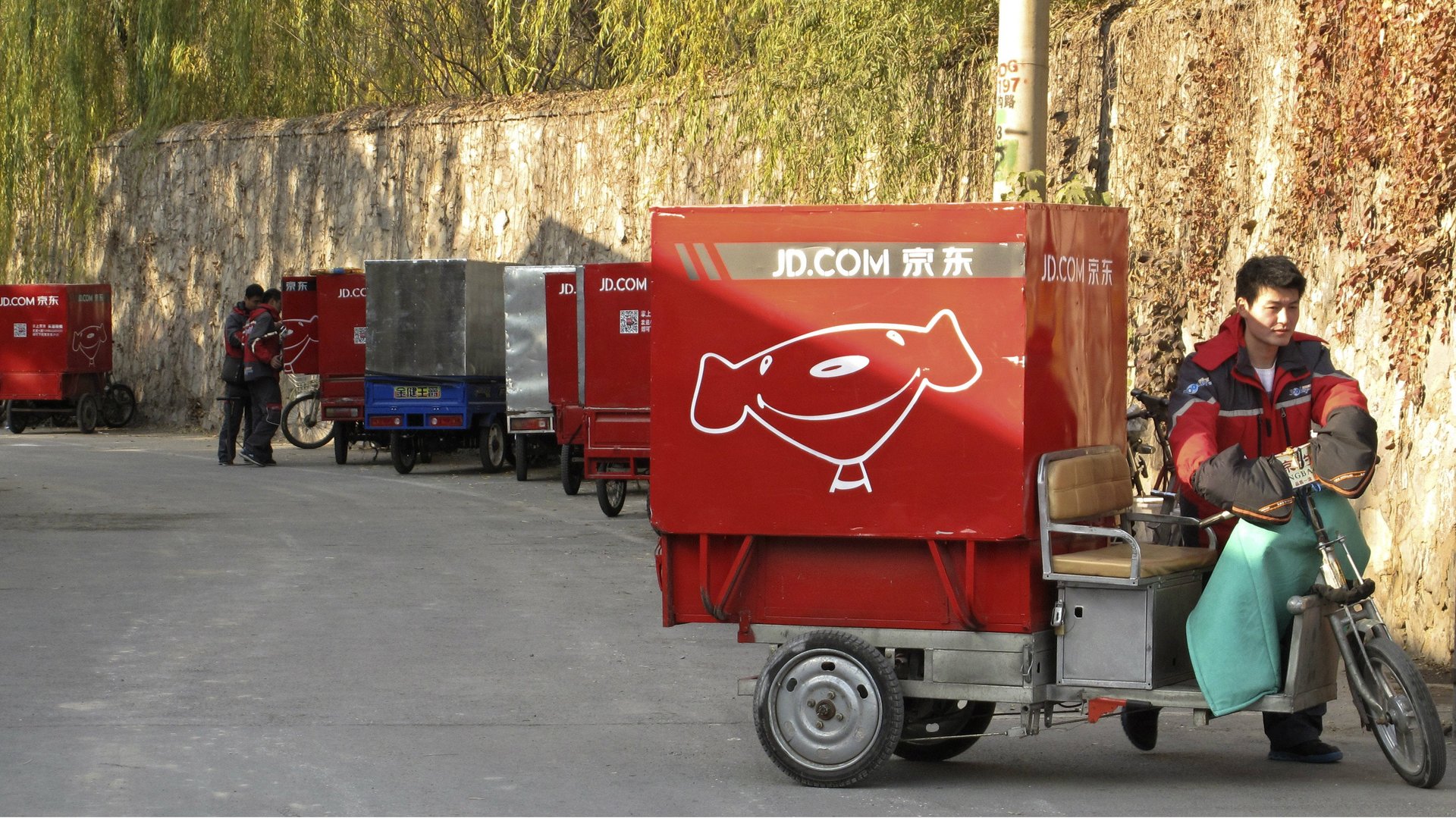Beijing is evicting its migrants and displacing its e-commerce couriers
Countless Beijing residents are being forced out of their homes, as the city’s government embarks on a 40-day campaign to demolish “illegal structures” following a deadly fire on Nov. 18 which killed mostly migrant workers.


Countless Beijing residents are being forced out of their homes, as the city’s government embarks on a 40-day campaign to demolish “illegal structures” following a deadly fire on Nov. 18 which killed mostly migrant workers.
Over the weekend, many migrant workers abandoned their homes in Beijing to seek temporary accommodation in the city as they figured out their next moves. Some will return to their hometowns. Critics have decried the evictions as part of a broader campaign to drive out what the government deems as Beijing’s “low-end population” in a bid to give the capital a facelift, an allegation the authorities have denied, insisting that it’s only part of a drive to make dwellings safe for residents.
Many of Beijing’s migrant workers work as couriers (paywall), servicing Beijing’s gargantuan e-commerce needs by delivering packages ordered from companies like Alibaba, JD, food delivery app Ele.me, and others. As a result of the government’s mass evictions, many are now left homeless.
After the eviction campaign began, JD, which uses its own courier fleet to deliver goods ordered on its site, sent a text message to its delivery staff explaining how the company could assist them during the crackdown, according to screenshots of the message posted online (link in Chinese). Workers displaced from their homes can apply to receive temporary housing directly from JD, and also use company vehicles to move their belongings. JD will also pay a small sum of money to displaced couriers to compensate for the cost of the move, said the message.
Even those who haven’t been evicted from their homes are still affected by the crackdown, because many of the warehouses and distribution centers where the migrant laborers work have been shut down. Logistics company ZTO Express sent out a message (link in Chinese, registration required) on its account on social network Weibo announcing that it would act “in compliance” with the government’s campaign, and suggested that delivery times would slow as a result. “Collection and delivery of packages sent to Beijing will definitely be impacted for the time being. We will do our best to minimize the inconvenience this might bring you,” said the notice.
One courier told Chinese media outlet Economic Observer that the flow of parcels across the city has dropped quickly and noticeably (link in Chinese)—on Nov. 25 he handled about 240 orders, and the following day he handled only about 100. “Delivery and collection, both have been killed. This month has been hard,” he said.